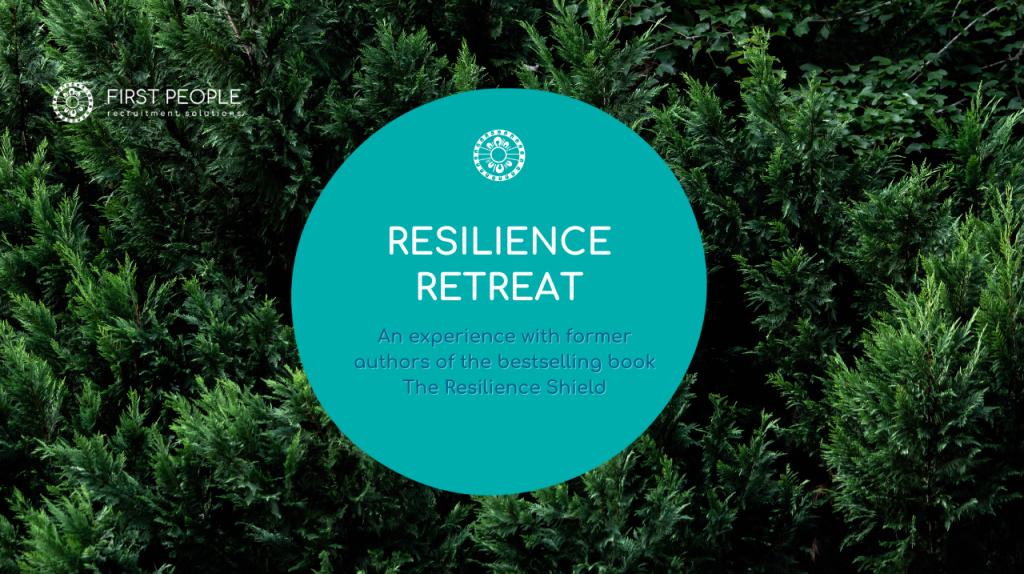In today’s interconnected world, corporate responsibility goes beyond profit margins. Businesses are expected to take a stand on social and environmental issues, including those related to Indigenous peoples and reconciliation. But what exactly is a Reconciliation Action Plan (RAP), and why is it essential for your business?
Understanding the Reconciliation Action Plan (RAP)
A Reconciliation Action Plan (RAP) is a strategic framework that allows businesses and organisations to contribute to reconciliation efforts between Indigenous and non-Indigenous communities. Introduced by Reconciliation Australia in 2006, RAPs provide a structured approach for fostering positive relationships and lasting change with Indigenous communities.
Why is an RAP Important for Your Business?
- Acknowledging History: Having an RAP signifies your business’s acknowledgment of historical injustices and a commitment to addressing their legacy.
- Respectful Relationships: RAPs encourage your business to build respectful, mutually beneficial relationships with Indigenous communities, opening doors to collaboration and partnerships.
- Cultural Competence: Developing an RAP deepens your understanding of Indigenous cultures, customs, and perspectives, fostering cultural competence essential for conducting business.
- Reputation and Branding: Demonstrating a commitment to reconciliation through an RAP enhances your business’s reputation as a responsible and ethical entity, aligning your brand with values that resonate with consumers and investors.
- Employee Engagement: Employees are more likely to engage with an organization that actively promotes diversity, inclusion, and reconciliation. An RAP can foster a sense of pride and purpose among your workforce.
- Legal Compliance: In Australia, there are legal requirements for businesses to engage with Indigenous communities in specific contexts, and an RAP ensures legal compliance while going beyond compliance to build meaningful relationships.
- Business Opportunities: Collaborating with Indigenous communities can lead to unique business opportunities, especially in sectors like tourism, sustainable resource management, and cultural experiences.
Creating an RAP
Developing an RAP involves several key steps:
- Commitment and Leadership: Secure senior leadership commitment and establish a RAP working group responsible for overseeing the process.
- Engagement: Actively engage with Indigenous communities, organisations, and individuals to understand their needs, aspirations, and concerns.
- Setting Targets and Actions: Identify specific actions and targets aligned with reconciliation objectives, ensuring they are meaningful and achievable.
- Implementation: Execute the actions outlined in your RAP, continuously monitoring and reporting progress, and maintaining regular engagement with Indigenous stakeholders.
- Education and Training: Provide cultural competency training for employees to create an inclusive workplace, ensuring everyone understands and supports the RAP’s goals.
- Review and Adaptation: Regularly review and adapt your RAP to reflect changing circumstances and priorities.
A Reconciliation Action Plan represents a tangible commitment to addressing historical injustices, fostering respect, and contributing to reconciliation efforts. It’s not just a choice; it’s a moral and strategic imperative.
By developing and implementing an RAP, your business can play a pivotal role in healing historical wounds, fostering respect, and contributing to a more inclusive and equitable nation. In a society that increasingly values ethical business practices and social responsibility, having an RAP is a step toward a brighter future.
Stay tuned for more insightful articles in our upcoming newsletters.



